CDL Truck Driving School: The Road to a Rewarding Career
Are you looking to embark on a thrilling journey behind the wheel? A career in truck driving might be just the path for you. However, before you can hit the open road, you’ll need a Commercial Driver’s License (CDL). To obtain one, enrolling in a CDL truck driving school is a smart move. In this article, we’ll explore the world of CDL truck driving schools, the benefits they offer, how to choose the right one, and what life as a CDL truck driver is like.
Importance of CDL Truck Driving School
First things first, let’s decode the acronym. CDL stands for Commercial Driver’s License. It’s a specialized driver’s license required to operate commercial vehicles like tractor-trailers, buses, and certain types of vans. If you dream of cruising down the highway in a big rig or taking charge of a passenger bus, a CDL is your golden ticket. While you could attempt to get your CDL on your own, attending a CDL truck driving school is highly recommended for several compelling reasons.
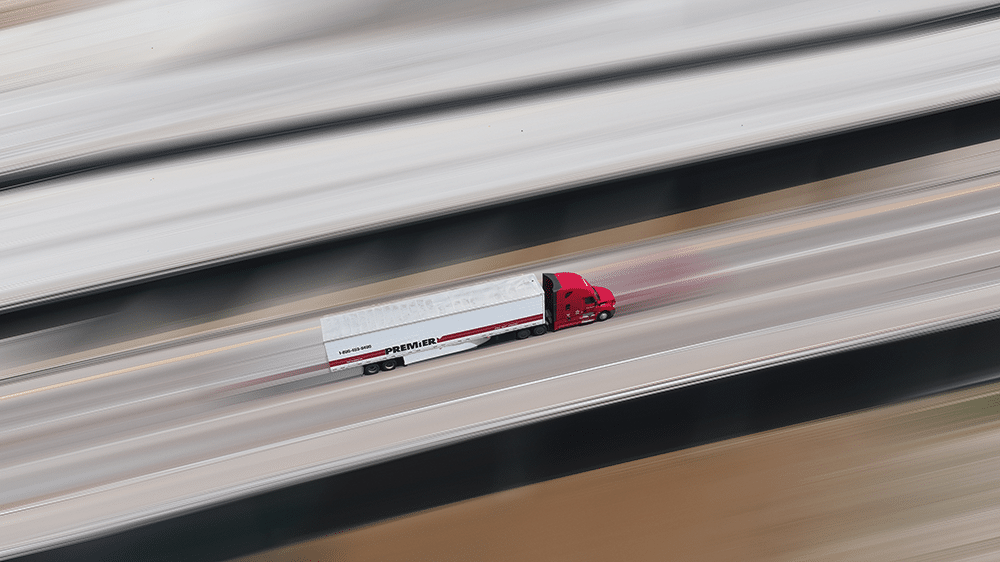
Benefits of Attending a CDL Truck Driving School
Comprehensive Training: CDL truck driving schools offer comprehensive training programs that cover everything you need to know about commercial vehicle operation. From vehicle inspections to defensive driving techniques, you’ll learn it all. These programs are designed to ensure that you’re fully prepared for the challenges of the road.

Job Placement Assistance
One of the biggest perks of attending a reputable CDL truck driving school is the job placement assistance they provide. These schools often have strong industry connections, and they can help you land your first job as a truck driver. It’s like having a foot in the door before you even graduate.
Skill Development
Truck driving requires a unique set of skills, and CDL schools are equipped to hone these skills. Maneuvering a massive rig or bus is no walk in the park, and CDL training ensures you’re well-prepared for the task.
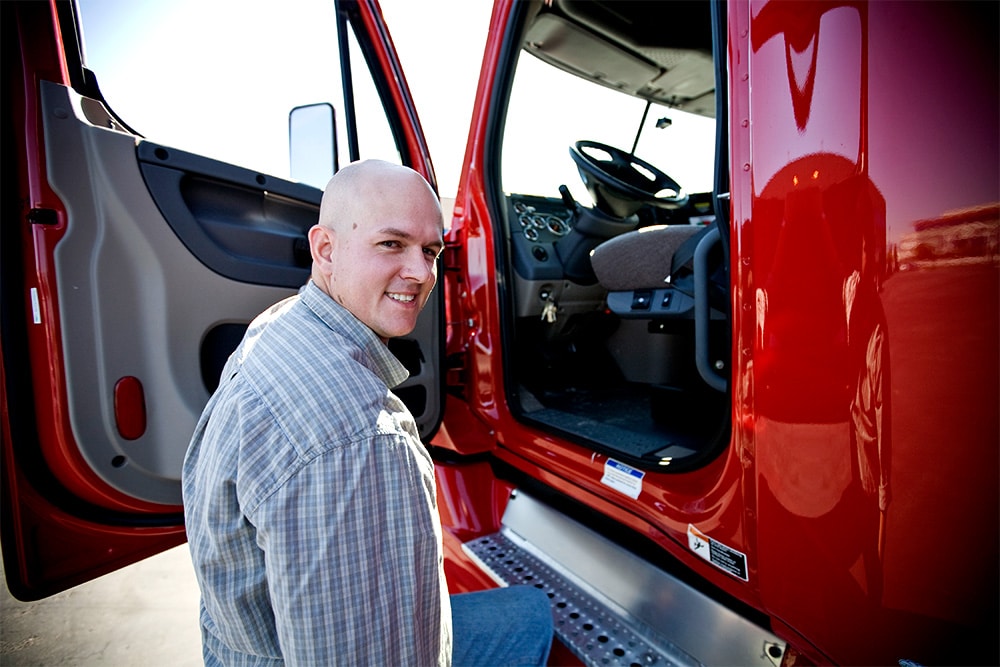
Confidence Boost
Gaining a CDL is a significant achievement. It boosts your confidence and self-esteem, knowing you’re qualified to handle these substantial vehicles safely. You’ll walk away from CDL school with not only a license but also the assurance that you can handle the challenges of the road.

Accreditation
First and foremost, ensure that the school is accredited. Accreditation is a mark of quality and indicates that the school meets certain standards of education and training.

Curriculum
Review the school’s curriculum. It should cover all the necessary topics for CDL certification, including both theoretical and practical aspects.

“Premier was great! Everyone was so helpful, and I feel like I got my CDL as fast and safely as possible.”

Instructors’ Qualifications
The instructors’ qualifications matter. Experienced instructors who are themselves licensed CDL holders can provide valuable insights and guidance.

Facilities and Equipment
Inspect the school’s facilities and equipment. You’ll want to train on vehicles and equipment that are up to industry standards.
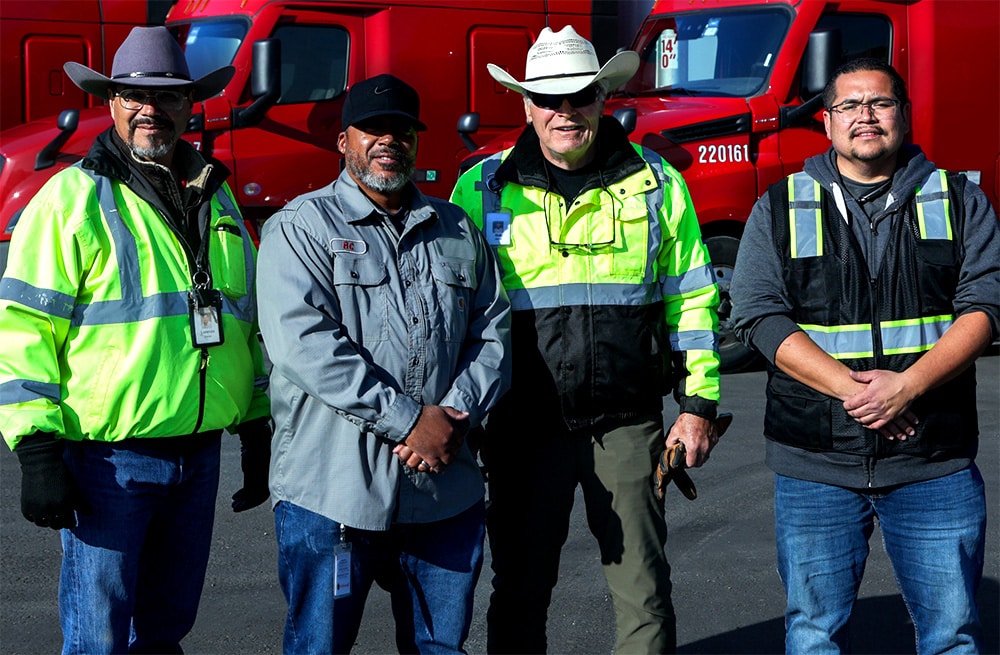
Reviews and Reputation
Check online reviews and the school’s reputation within the industry. Positive feedback from former students is a good sign.
CDL Training Programs
CDL training programs come in various forms, depending on the type of CDL you’re pursuing.
Class A CDL: The Class A CDL allows you to operate a wide range of commercial vehicles, including tractor-trailers.
Class B CDL: A Class B CDL covers smaller commercial vehicles, such as buses and delivery trucks.
Specialized Endorsements: You can also obtain specialized endorsements for carrying hazardous materials, operating double/triple trailers, or transporting passengers. These endorsements open up even more job opportunities.
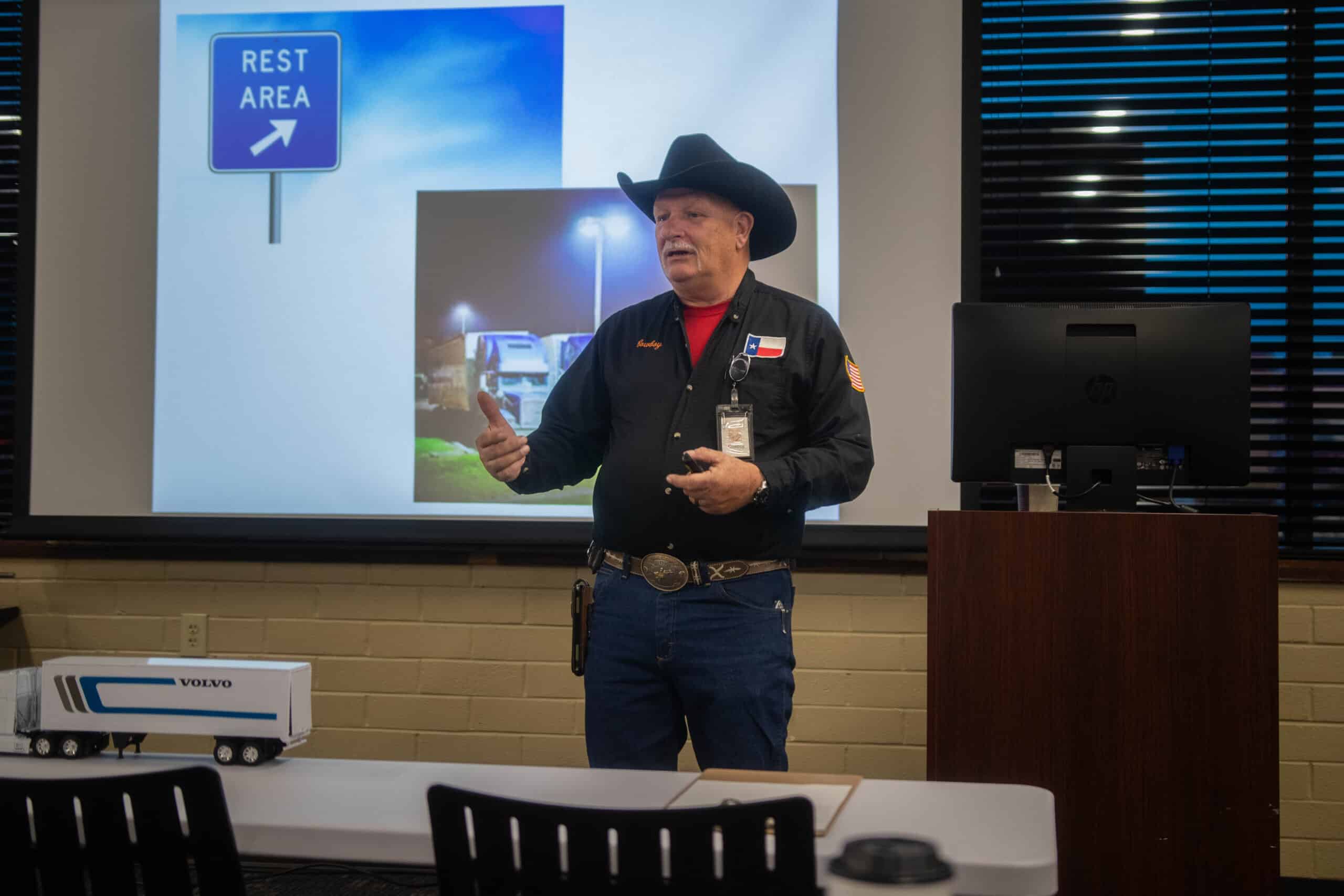
The CDL Exam: Once you’ve completed your training, it’s time for the CDL exam.
Written Test: The written test assesses your knowledge of commercial vehicle operation, road safety, and relevant regulations.
Skills Test: The skills test is where you demonstrate your ability to operate a commercial vehicle. This includes tasks like parallel parking, backing up, and on-road driving.
Life as a CDL Truck Driver: With your CDL in hand, you’re ready to hit the road. But what can you expect from life as a CDL truck driver?
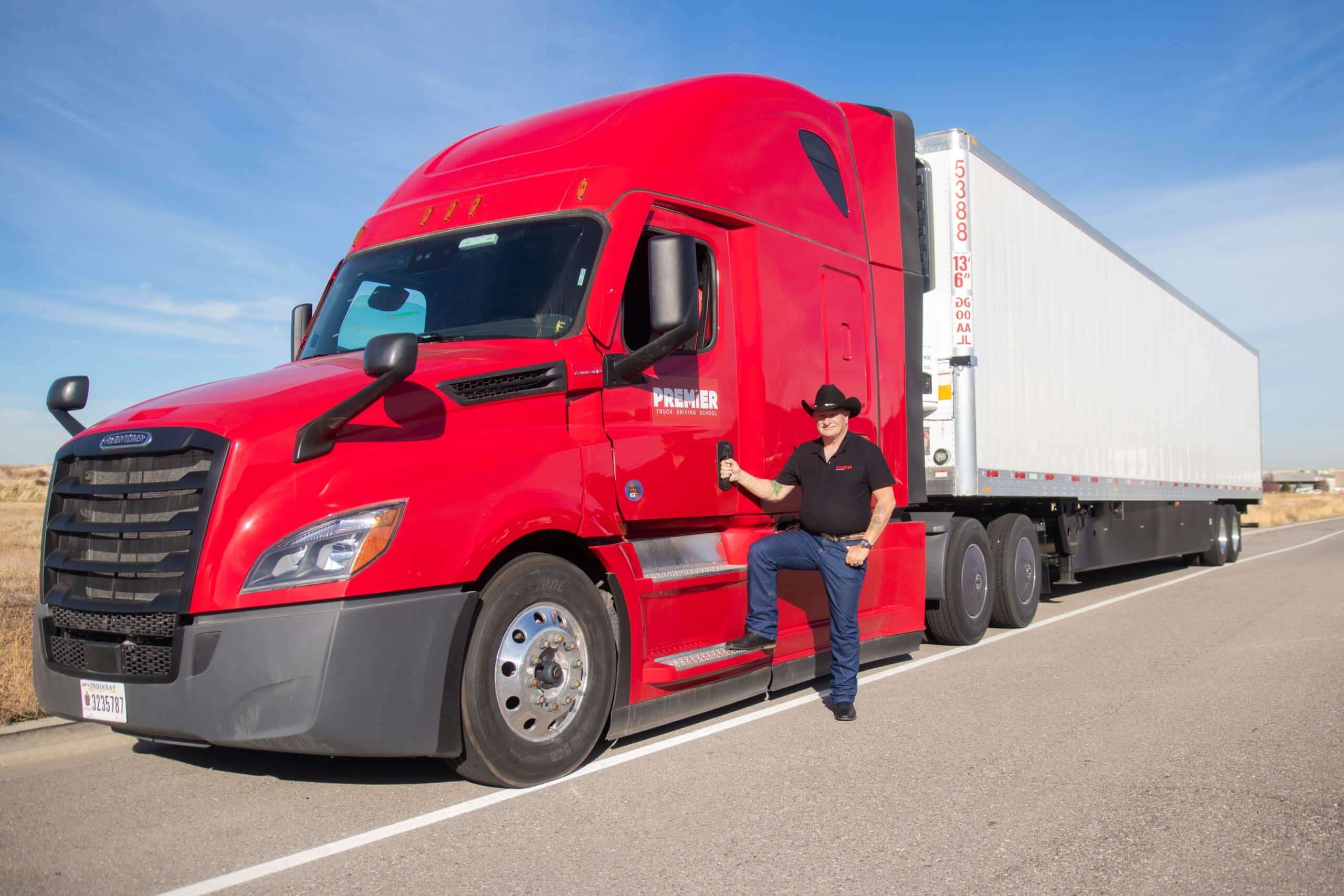
Job Opportunities: The demand for CDL truck drivers is consistently high. You’ll have a range of job opportunities, from long-haul trucking to local delivery routes.
Earnings Potential: Truck driving can be financially rewarding. Your earnings will depend on factors like the type of driving you do, your experience, and the company you work for.
On-the-Road Challenges: Life as a CDL truck driver isn’t without its challenges. You’ll spend long hours on the road, often away from home, and you’ll need to navigate varying weather conditions and traffic.
FAQs
How long does CDL training usually take?
The duration of CDL training can vary depending on the school and the type of CDL you’re pursuing. Typically, programs last a few weeks.
Can I get financial aid for CDL training?
Yes, many CDL schools offer financial aid options, including scholarships, grants, and tuition reimbursement programs. Check with your chosen school for details.
Are there age requirements for CDL training?
Most states require CDL applicants to be at least 18 years
In conclusion,
attending a CDL truck driving school is a crucial step toward a rewarding career as a commercial driver. The benefits of comprehensive training, job placement assistance, and skill development are well worth the investment. Remember to choose a reputable school with accredited programs and experienced instructors. With a CDL in hand, you’ll have a world of job opportunities and the chance to experience the open road like never before.
